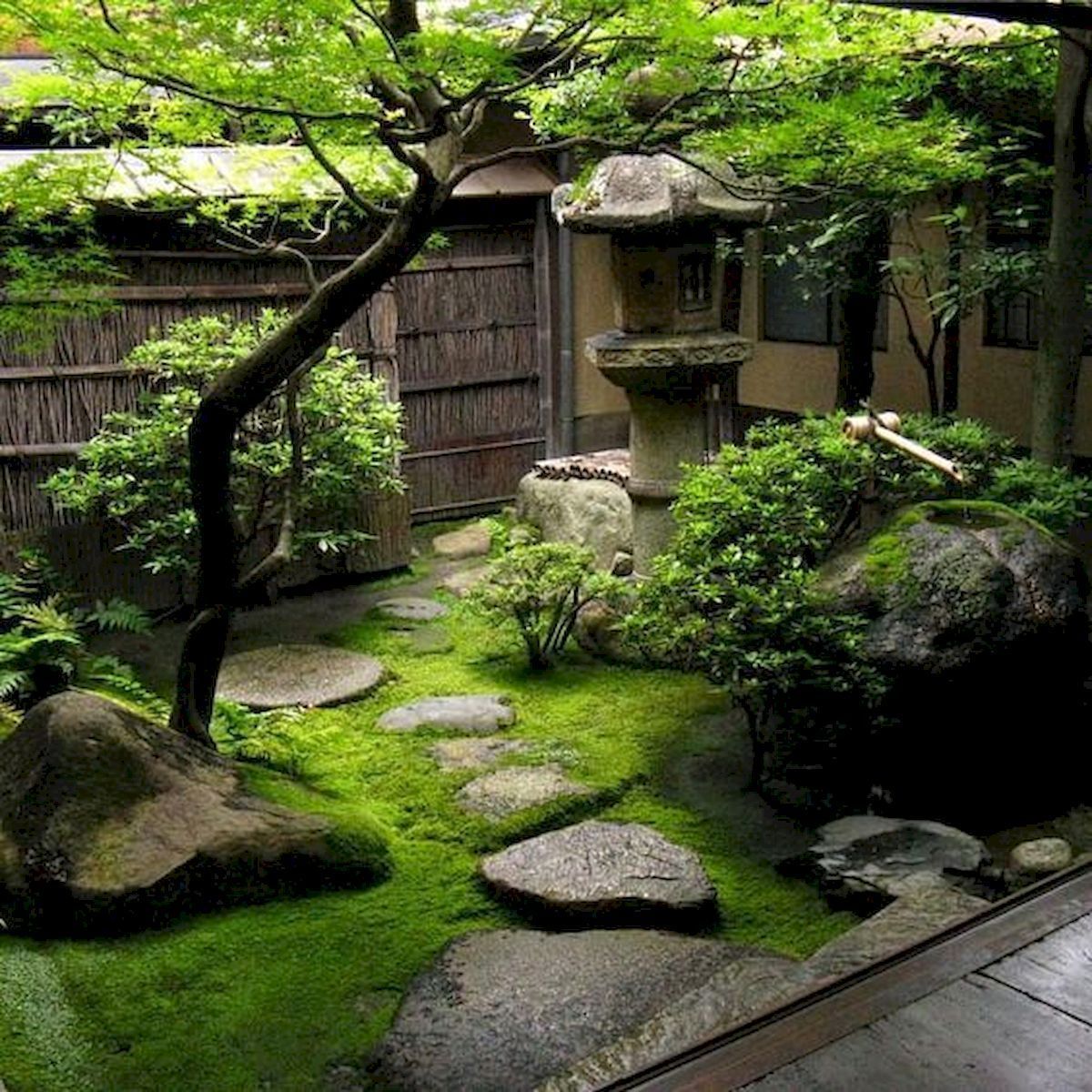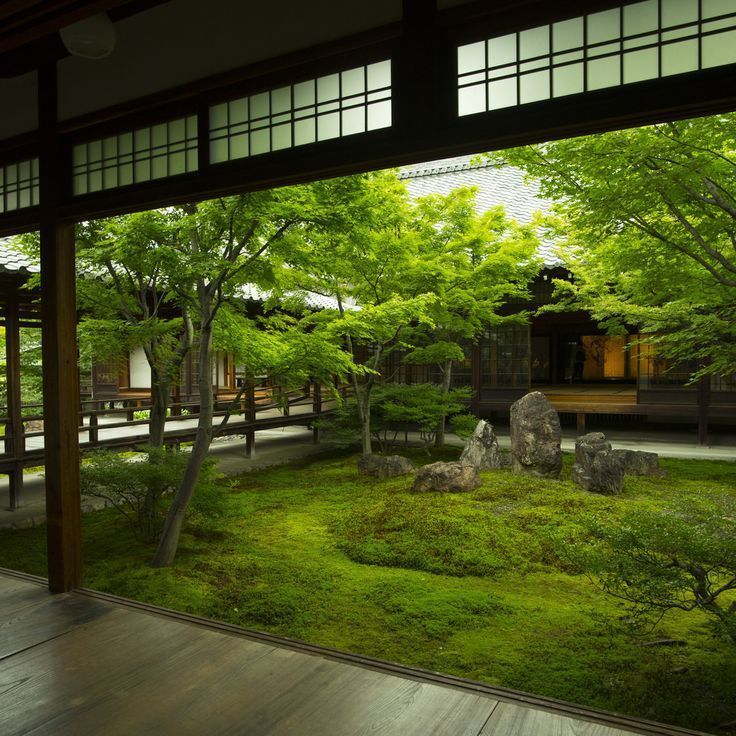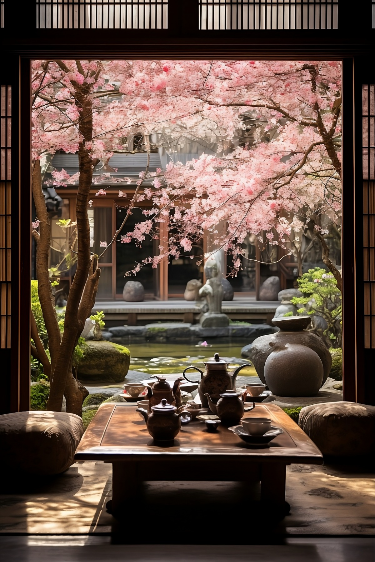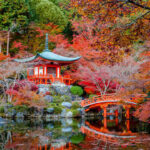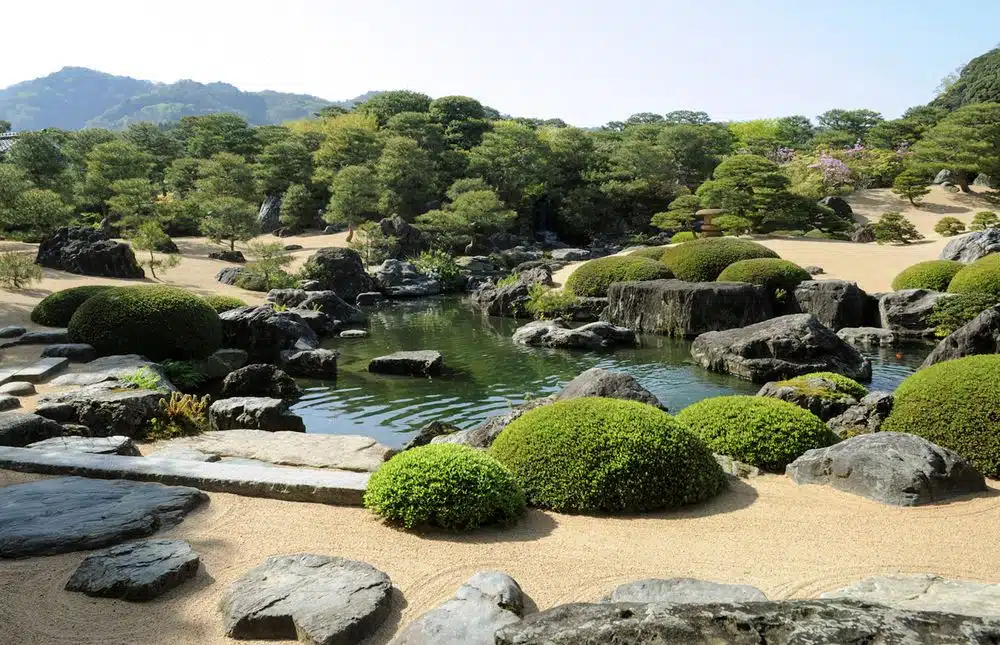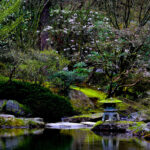Japanese gardens are an iconic feature of Japanese culture and have a rich history dating back to as early as the 6th century. These gardens are known for their unique and intricate designs that often combine elements of nature, spirituality, and artistry. Each garden is carefully planned and constructed to create a harmonious and peaceful space for contemplation and relaxation.
One of the key features of Japanese gardens is the use of natural elements such as rocks, water, and plants. These elements are arranged in a way that mimics the natural landscape, creating a sense of serenity and balance. Rocks are often used to symbolize mountains, while water features like ponds or streams represent the sea or rivers. Plants such as cherry blossoms, bamboo, and pine trees are judiciously chosen to complement the overall aesthetic of the garden.
Another important aspect of Japanese gardens is the concept of “wabi-sabi,” which emphasizes the beauty of imperfection and impermanence. This principle is reflected in the design of the gardens, which often feature asymmetrical layouts, weathered stones, and moss-covered surfaces. This idea of embracing the natural cycle of growth and decay adds a sense of authenticity and timelessness to the overall design.
Japanese gardens are also designed to be experienced in a specific way, with carefully curated paths and viewpoints that guide visitors through the space. These paths are often meandering and change direction frequently, encouraging visitors to slow down and appreciate the beauty of their surroundings. The placement of elements such as lanterns, bridges, and tea houses also adds to the overall experience, creating a sense of mystery and discovery as visitors explore the garden.
In addition to their aesthetic appeal, Japanese gardens also have a deeper spiritual significance. Many gardens are designed to reflect Buddhist or Shinto principles, with elements such as Zen rock gardens or torii gates symbolizing spiritual themes such as enlightenment, purity, or protection. Visitors to these gardens are encouraged to meditate, reflect, and connect with nature, fostering a sense of peace and tranquility.
Overall, Japanese gardens are a testament to the ingenuity and creativity of Japanese culture. From their meticulous design to their deeper spiritual meanings, these gardens are a true reflection of the Japanese aesthetic and philosophy. Whether you are a nature lover, an art enthusiast, or simply someone looking for a quiet retreat, a visit to a Japanese garden is sure to leave a lasting impression.
 yishifashion Where Outdoor Dreams Become Reality
yishifashion Where Outdoor Dreams Become Reality
